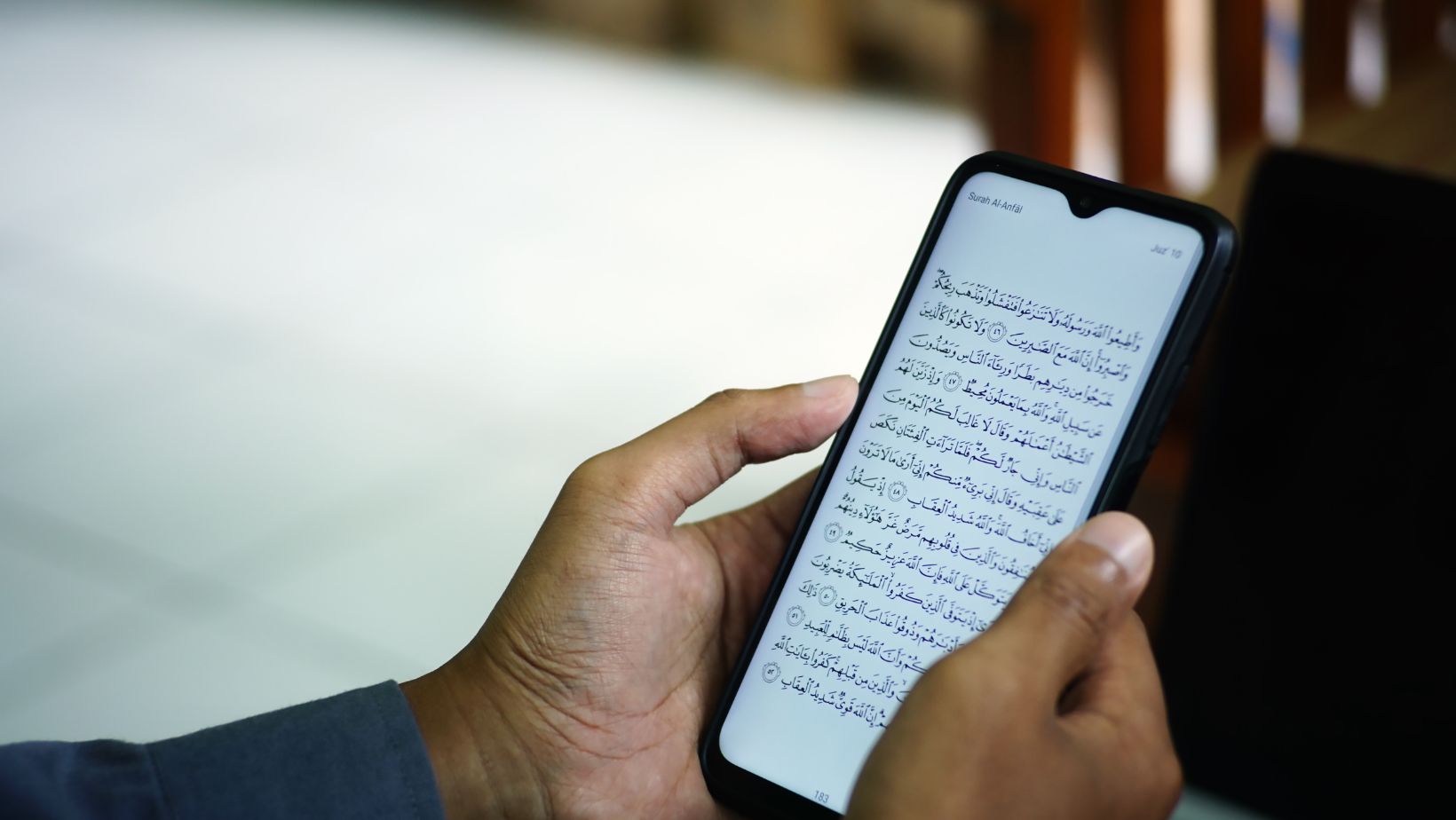
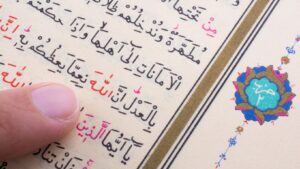
It’s a phrase that encapsulates the spirit of unity and mutual respect, a heartfelt wish for acceptance of each other’s fasts and prayers. Exploring its deeper meaning, we’ll uncover the profound layers of Islamic culture and the shared sentiments that bind the global Muslim community together.
Join us as we embark on a journey to understand this beautiful expression, its origins, and its role in fostering a sense of togetherness and spiritual solidarity among Muslims worldwide.
Taqabbalallahu Minna Wa Minkum Shiyamana Wa Shiyamakum Arab
Moving forward from the previous discussion, this section further elaborates on the specific historical context of the phrase and also presents a literal translation for clearer understanding.
Historical Context of the Phrase
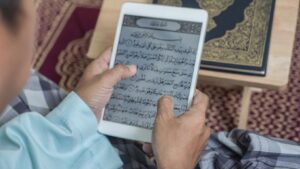
The usage of this phrase amplified as an integral part of the Eid al-Fitr celebrations, which is the festive event marking the end of Ramadan fasts. Along with establishing the communal aspect of Islam, it’s usage also symbolizes the mutual acknowledgment of the rigorous discipline and dedication showcased during the fasting period.
Literal Translation of the Phrase

The full translation becomes, “May Allah accept our fasts and your fasts.” This phrase, often recited during Ramadan and on the day of Eid, acts as a generous gesture to acknowledge and appreciate one another’s dedication and devotion during the holy period. Through this, Muslims express a collective request for Allah to accept their fasts and prayers, creating a sense of shared hope and unity during these sacred times.
Religious Significance of taqabbalallahu minna wa minkum shiyamana wa shiyamakum arab
Given the previous context and exploration of meaning, it’s pivotal to delve deeper into the religious significance of the phrase taqabbalallahu minna wa minkum shiyamana wa shiyamakum arab. It’s used during critical periods of worship in the Islamic faith, as well as events of communal celebration. The phrase holds theological weight for Muslims worldwide, resonating with core tenets of Islam.
 Use in Muslim Celebrations and Rituals
Use in Muslim Celebrations and Rituals
Versatile in its application, the phrase finds an anchor in several Islamic customs and celebrations. The peak of its usage, however, can be traced to Ramadan and Eid al-Fitr. Muslims worldwide exchange these words after the breaking of the fast, signifying equal respect for all followers’ sacrifices during this holy month. Reciting this phrase during Eid al-Fitr, the festive celebration marking the end of Ramadan, reiterates the sentiment of communal success in completing the fast.
Theological Meaning and Interpretations
Analysis of each word in the phrase taqabbalallahu minna wa minkum shiyamana wa shiyamakum arab offers theological insight. ‘Taqabbalallahu’ translates as ‘May Allah accept,’ emphasizing the role of divine acceptance in Islam. ‘Minna wa Minkum’, meaning ‘from us and you,’ stresses unity within the Islamic community. ‘Shiyamana wa Shiyamakum’ translates to ‘our fasts and your fasts,’ reinforcing the shared spiritual journey Muslims undertake during Ramadan. ‘Arab,’ meaning ‘Arabian,’ speaks to the origin of the phrase, tying it closely with the Arab Muslim community.
Thus, the religious significance of the phrase underpins the ideals of unity, mutual respect, and shared spirituality among Muslims. It further accentuates key aspects of Islamic theology, such as the importance of divine acceptance and communal worship.
Cultural Impact of taqabbalallahu minna wa minkum shiyamana wa shiyamakum arab
Building upon its deep-rooted religious significance, the phrase’s cultural resonance echoes far beyond the confines of mosques and into the broader Arab society.
 Role in Arab Culture
Role in Arab Culture
In Arab culture, these words are far more than a mere religious utterance. They typify integral aspects of the culture, emphasizing values of unity, respect, and shared spirituality. Seasonal instances, particularly throughout Ramadan and Eid al-Fitr celebrations, find hearts echoing this phrase.
Reiterating its force, Arabic-speaking communities worldwide commonly use “Taqabbalallahu Minna wa Minkum Shiyamana wa Shiyamakum” to convey their mutual respect. Beyond religious indents, it rests at the heart of communal interactions, imbuing a sense of shared accomplishment among followers after completing a month-long spiritual journey.
The Phrase in Literature and Art
Reflecting its cultural importance, the phrase has found itself embedded in various forms of cultural expression. Literary works, often used as a medium to highlight the strength of communal identity within the Islamic world, frequently incorporate this phrase.
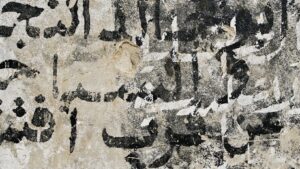
Simultaneously, the art sector follows suit. Many traditional Islamic art pieces incorporate this profound phrase, recognizing its influence on fostering shared Islamic identity. The full translation becomes, “May Allah accept our fasts and your fasts.” This phrase, often recited during Ramadan and on the day of Eid, acts as a generous gesture to acknowledge and appreciate one another’s dedication and devotion during the holy period. Through this, Muslims express a collective request for Allah to accept their fasts and prayers, creating a sense of shared hope and unity during these sacred times.
By permeating various societal dimensions, “Taqabbalallahu Minna wa Minkum Shiyamana wa Shiyamakum” extends beyond a religious recitation, transforming into a powerful cultural symbol throughout the Arab world. Through ongoing usage and practice, it continues to cement its position as a vital cultural icon, promoting unity and shared spirituality.
Use of taqabbalallahu minna wa minkum shiyamana wa shiyamakum arab in Current Times
Building on the significant history and cultural impact of “Taqabbalallahu Minna wa Minkum Shiyamana wa Shiyamakum” in the Arab world, the phrase continues to resonate in contemporary times.
Modern Interpretations and Traditions
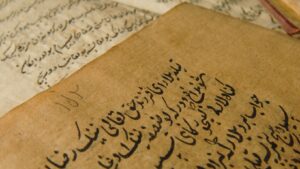
Controversies and Discussions

Teaching taqabbalallahu minna wa minkum shiyamana wa shiyamakum arab to the Next Generation
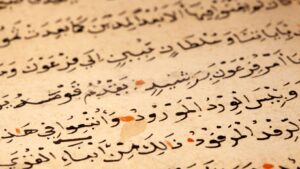
Importance of Passing Down Traditions
Relaying traditions, particularly religious ones such as “Taqabbalallahu Minna wa Minkum Shiyamana wa Shiyamakum,” to successive generations holds great significance. It serves as a conduit for identity preservation, fostering cultural continuity for Arab societies. These expressions, enriched in Islamic theology, offer a sense of orientation, imparting profound communal sentiments and moral fabric.
Further, imparting these teachings to younger generations ensures a continuation of shared religious practices. Notably, this Arabic expression revolves around communal unity and spiritual solidarity—core tenets of Islam—which further the religious essence.
Tools and Methods for Teaching
Effective propagation of “Taqabbalallahu Minna wa Minkum Shiyamana wa Shiyamakum” to the future generation involves leveraging various tools and methods. Traditional means stay prevalent, such as oral transmission during domestic interactions, formal religious education, and communal gatherings. While reciting these phrases, parents and elders often augment with tales of heritage, deepening children’s understanding.
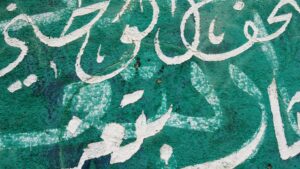
While debates surround the commercialization of this phrase, the key lies in education that retains its spiritual essence. Therefore, a robust and comprehensive teaching strategy helps keep this expression’s cultural significance alive, resonating with the future generation.
Final Thought
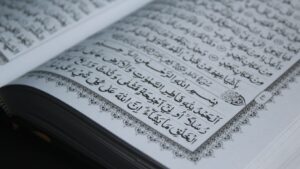


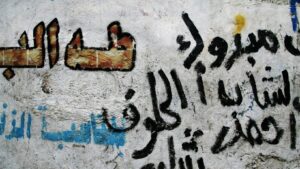 Use in Muslim Celebrations and Rituals
Use in Muslim Celebrations and Rituals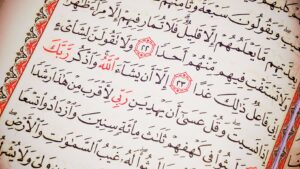 Role in Arab Culture
Role in Arab Culture




